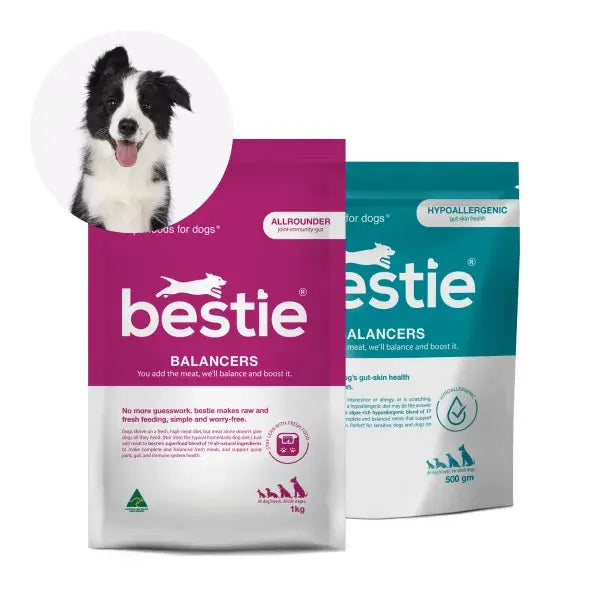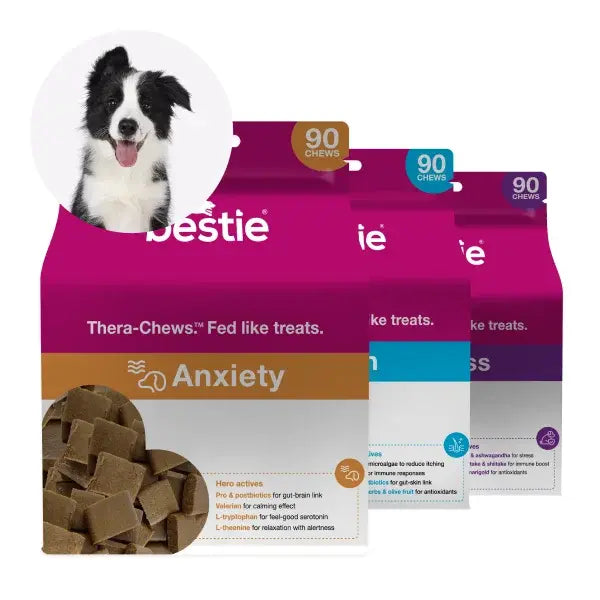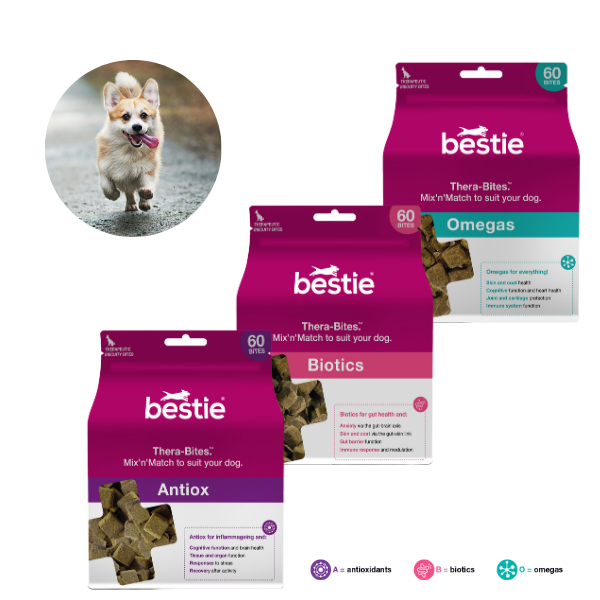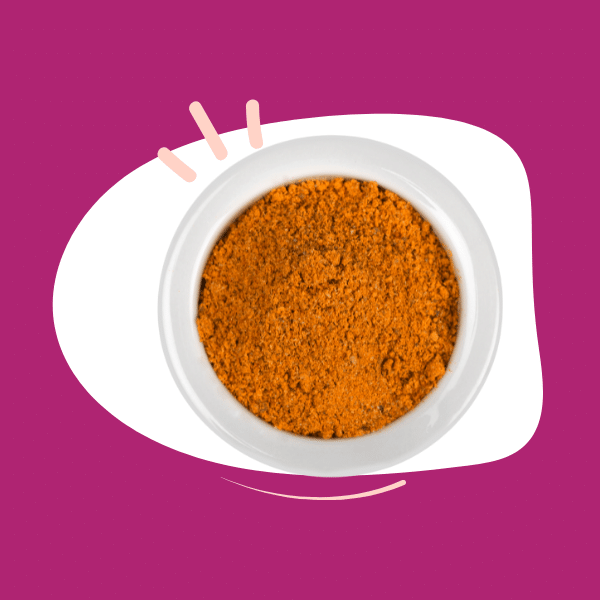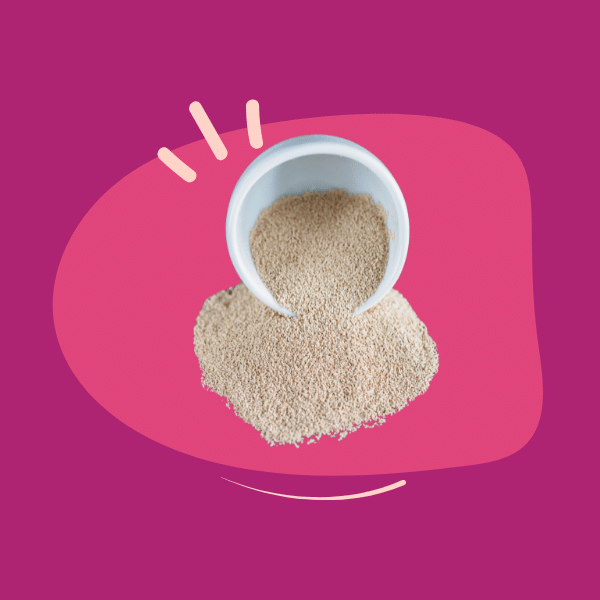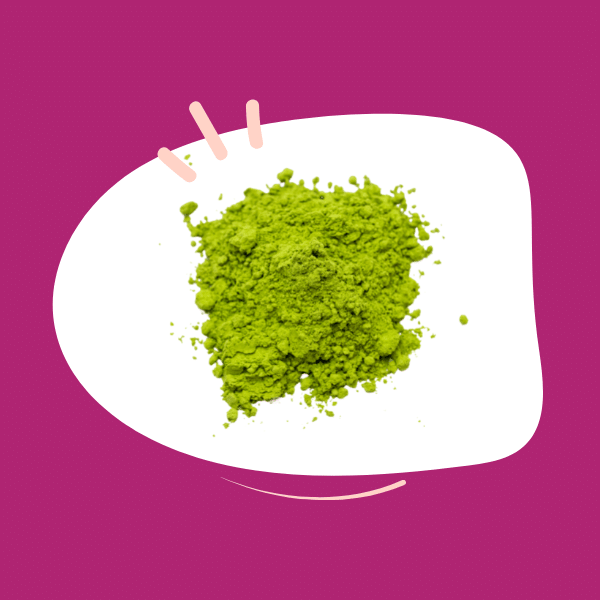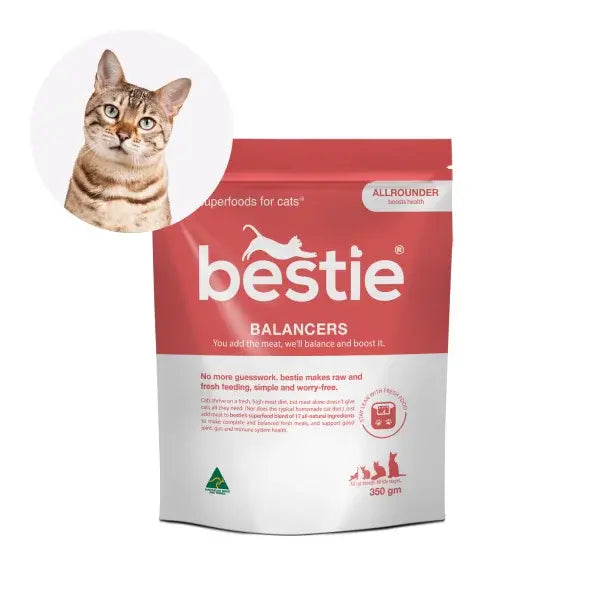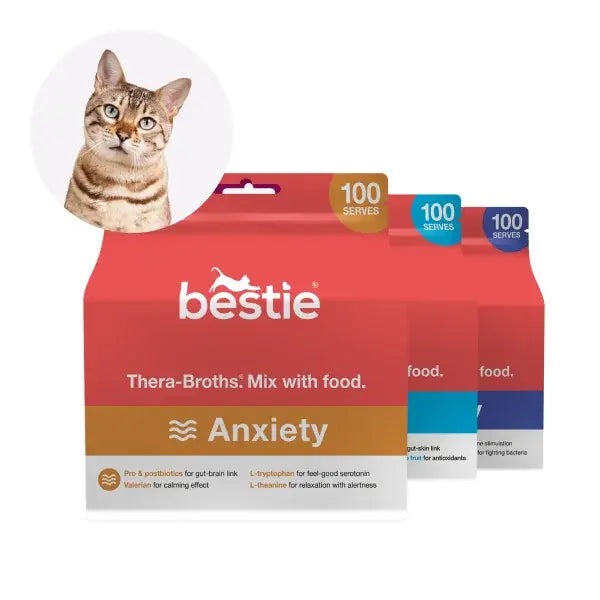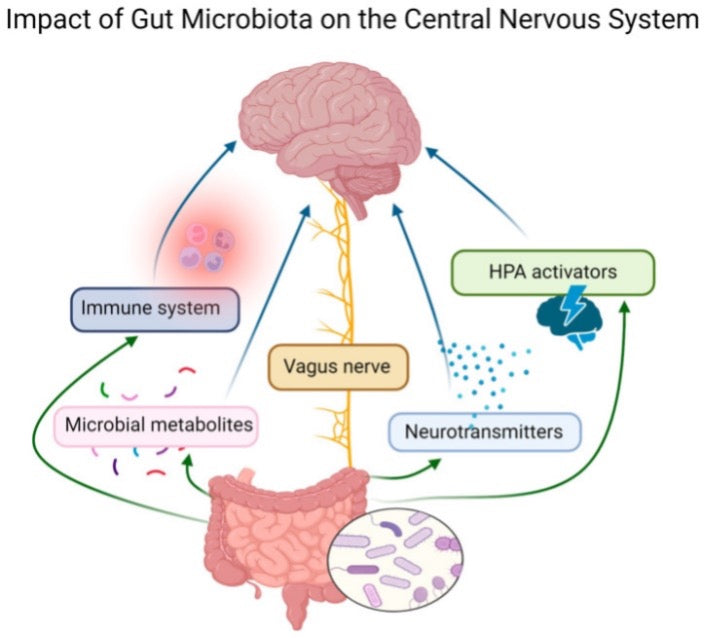In this latest episode of The Pet Nutrition Show, we delve into crucial health issues concerning our furry friends—pancreatitis and liver disease. This is a summary of what we covered; have a listen to understand these conditions better and get useful tips on managing them through diet and nutrition.
What is Pancreatitis?
Pancreatitis is the inflammation of the pancreas, a small but vital organ near the stomach that plays a significant role in digestion and hormone regulation. In a healthy state, the pancreas holds digestive enzymes that await activation. However, during pancreatitis, these enzymes become active prematurely and start digesting the pancreas itself, leading to severe pain and various complications in dogs, cats, and even humans.
Causes and Triggers:
Although many cases of pancreatitis are idiopathic (without a known cause), several risk factors could trigger its onset, including high-fat diets, sudden dietary changes, and what we call 'garbage bin syndrome'—when pets consume inappropriate items from the trash. Obesity, certain medications, infections, trauma, and genetic predisposition are also significant factors.
Understanding Pancreatitis Types
Acute Pancreatitis:
This form of pancreatitis appears suddenly and is usually severe, often necessitating hospitalization. While pets typically recover after treatment, including pain relievers and anti-inflammatory drugs, the underlying pancreas returns to its normal state post-recovery.
Chronic Pancreatitis:
In chronic cases, the condition is long-term and progressive. Unlike acute pancreatitis, chronic pancreatitis involves ongoing damage to the pancreas, detectable through scans or biopsies.
Managing Pancreatitis Through Diet
Diet’s Role in Chronic Pancreatitis:
Diet plays a pivotal role in managing chronic pancreatitis. Low-fat diets are crucial as fat stimulates enzyme release from the pancreas, increasing its workload. Ideally, dog food should contain less than 10% fat on a dry matter basis to help minimize the strain on the pancreas. Additionally, proteins should be highly digestible, with meat-based proteins being more suitable for this purpose.
What About Treats?
It’s best to avoid giving treats to dogs suffering from pancreatitis, but if needed, opt for low-fat, digestible options. Air-popped popcorn, dried toast cubes, or plain vegetarian treats make safer choices.
Exploring Liver Disease
Causes and Implications:
Liver disease in dogs can result from numerous factors, including infections, toxins, genetic issues, obesity, and metabolic disorders. Conditions like hepatitis, cirrhosis, and liver tumors are also classified under liver disease.
Dietary Management:
Similar to gastrointestinal diets, managing liver disease involves reducing the liver's workload while providing the necessary nutrients for repair. High-quality, easily digestible proteins are essential, and diets low in copper are recommended to prevent copper accumulation, which can exacerbate liver issues. Antioxidants and omega-3 fatty acids help reduce oxidative stress and inflammation.
Liver Shunt: A Special Case
A liver shunt is an abnormal blood vessel that bypasses the liver, leading to toxin accumulation in the bloodstream. It can be congenital or acquired and requires dietary adjustments to manage effectively.
Nutritional Strategies for Liver Shunts:
A diet with highly digestible proteins and moderate fat content is essential. Lower protein intake helps reduce ammonia production, a byproduct that the liver typically processes. Increasing carbohydrates in the diet ensures adequate energy and helps maintain glucose levels. Supplements like probiotics and vitamin B can further aid in managing this condition.
Food Hacks for Dogs with Pancreatitis or Liver Disease
Even with dietary restrictions, there are still ways to treat your dog responsibly. Dr. Anna suggests unsalted popcorn or rice puffs. For something fancier, try sweet potato sticks or cubes baked at a low temperature until chewy. These treats offer antioxidants, fibers, and essential vitamins while being tasty for pets and pet owners alike.
Final Thoughts
Pancreatitis and liver disease are serious conditions that require careful management, primarily through diet. By understanding these conditions and following expert advice, you can significantly improve your dog's quality of life.
We hope you found this guide helpful. For more information or to leave a review, please reach out via email, Instagram, or Facebook. Stay tuned for more insightful episodes of The Pet Nutrition Show!


